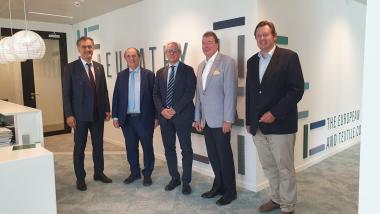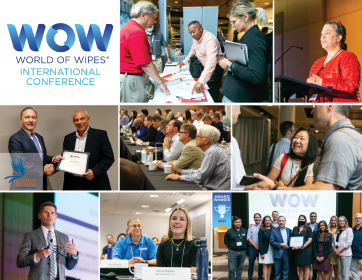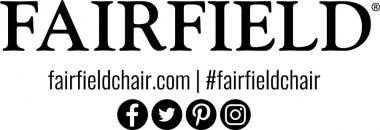NCTO launches Video highlighting Healthcare Workers & U.S. PPE Supply Chain
The National Council of Textile Organizations (NCTO), representing the full spectrum of U.S. textiles, from fiber through finished sewn products, released an illuminating video and social media campaign detailing the heroic efforts of U.S. textile manufacturers to supply desperately needed medical personal protective equipment (PPE) at the height of the COVID-19 pandemic. The video features interviews with healthcare workers who confronted a once-in-a-generation health crisis and American textile and apparel executives, who came together to manufacture lifesaving PPE as the pandemic intensified and, once again in 2021, when President Biden issued a call to deliver 20 million American-made face masks for underserved communities in 60 days.
To view the video, click here.
NCTO National Council of Textile Organizations healthcare personal protective equipment
NCTO



































